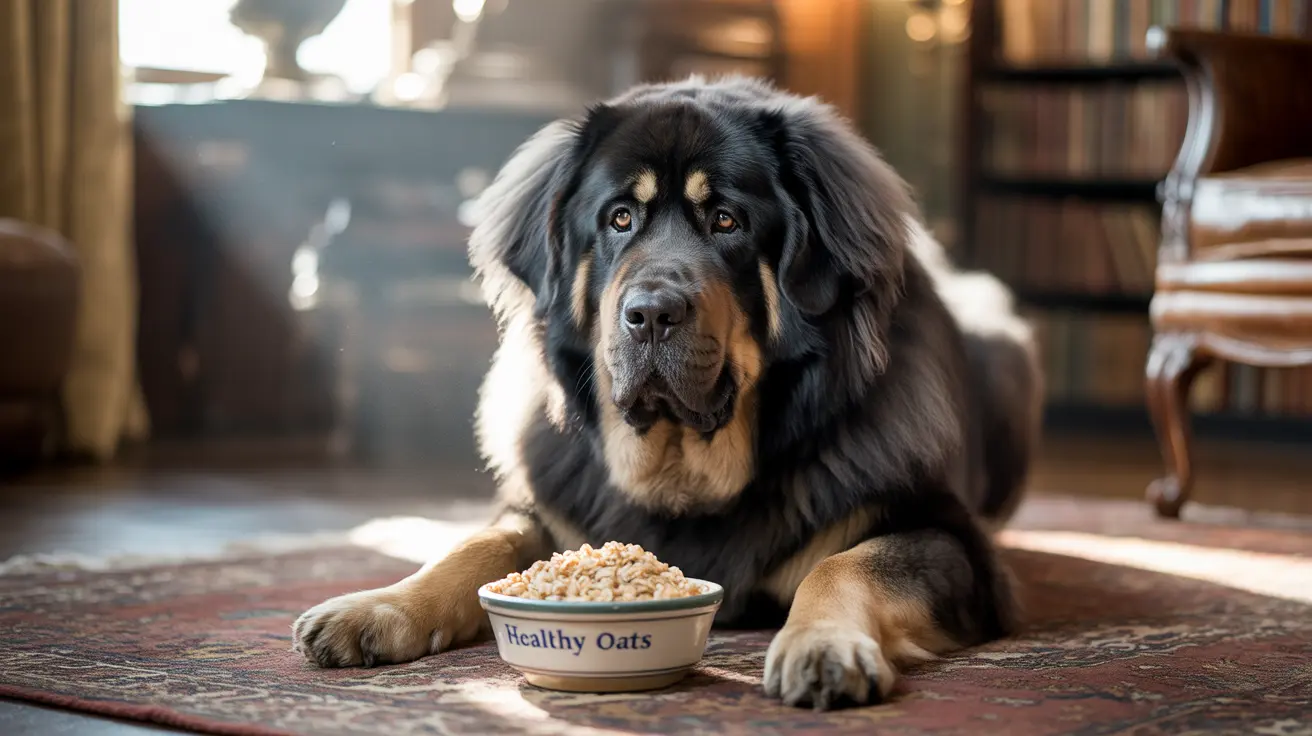Introduction
When it comes to feeding our canine companions, understanding good carbs for dogs is crucial for maintaining their health and vitality. While dogs don't technically require carbohydrates as essential nutrients, the right types of carbs can provide valuable energy, fiber, and nutrients that support their overall wellbeing.
In this comprehensive guide, we'll explore the best carbohydrate sources for dogs, how to incorporate them safely into your pet's diet, and why choosing the right carbs matters for your dog's health.
Understanding Complex Carbohydrates for Dogs
Complex carbohydrates are the foundation of good carbs for dogs. These slow-digesting nutrients provide sustained energy and come packed with beneficial fiber and nutrients. Unlike simple sugars, complex carbs help maintain steady blood sugar levels and promote better digestive health.
Whole Grains: The Foundation of Good Carbs
Whole grains stand out as excellent carbohydrate sources for dogs. Oats lead the pack, offering fiber, protein, and essential minerals. When serving oats, stick to approximately one tablespoon per 20 pounds of body weight, not exceeding four tablespoons total to prevent weight gain.
Brown rice provides another worthy option, though it requires careful portioning. Keep rice to 10% or less of the total diet, especially for smaller dogs or those with health conditions. Always serve plain, avoiding any additives like butter or seasonings.
Starchy Vegetables and Legumes
Sweet potatoes and other starchy vegetables offer excellent carbohydrate alternatives, particularly for grain-sensitive dogs. These vegetables provide:
- Rich vitamin A content
- High fiber levels
- Natural sweetness dogs enjoy
- Steady energy release
Legumes like peas and lentils offer both carbohydrates and protein, making them valuable additions to a dog's diet. However, use these in moderation and consult with your veterinarian about appropriate portions, especially for large breeds.
Fruits as Healthy Carb Sources
While fruits should make up only a small portion of your dog's carbohydrate intake, they can serve as healthy treats. Apples (without seeds), blueberries, and bananas offer natural sugars along with beneficial antioxidants and fiber. Keep portions small and use them as occasional rewards rather than dietary staples.
Portioning and Special Considerations
The right amount of carbohydrates depends on your dog's:
- Size and weight
- Activity level
- Age and health status
- Existing medical conditions
Dogs with diabetes or thyroid issues may need specially tailored carbohydrate portions. Always consult your veterinarian before making significant changes to your dog's carbohydrate intake.
Frequently Asked Questions
What are the best types of carbohydrates to include in my dog's diet for optimal health?
The best carbohydrates for dogs include whole grains like oats and brown rice, starchy vegetables like sweet potatoes, and legumes like peas. These complex carbohydrates provide sustained energy, fiber, and essential nutrients while supporting digestive health.
How much oats or rice is safe to feed my dog without causing weight gain or digestive issues?
For oats, follow the guideline of one tablespoon per 20 pounds of body weight, not exceeding four tablespoons total. For rice, limit it to 10% or less of the total diet, especially for small dogs or those with health conditions. Always introduce new carbs gradually to prevent digestive upset.
Are complex carbohydrates like sweet potatoes and barley better for dogs than simple carbs?
Yes, complex carbohydrates are generally better for dogs as they provide steady energy release, more fiber, and additional nutrients compared to simple carbs. They help maintain stable blood sugar levels and support better digestive health.
Can feeding my dog carbohydrates help with digestion and stool quality?
Yes, the fiber in complex carbohydrates can significantly improve digestion and stool quality. Fiber helps regulate bowel movements, supports beneficial gut bacteria, and can help manage both diarrhea and constipation when properly portioned.
Should I avoid certain carbohydrate sources like white rice if my dog has diabetes or thyroid problems?
Dogs with diabetes or thyroid conditions should avoid high-glycemic carbohydrates like white rice. Instead, focus on complex carbs like sweet potatoes or brown rice, and always consult with your veterinarian for specific dietary recommendations based on your dog's condition.
Conclusion
While carbohydrates aren't essential for dogs, choosing good carbs for dogs can contribute positively to their overall health and wellbeing. Focus on complex carbohydrates from whole food sources, maintain appropriate portions, and always consider your individual dog's needs and health conditions when selecting carbohydrate sources.






